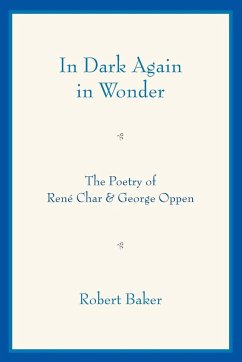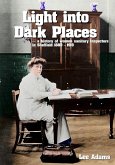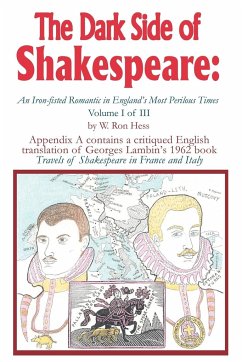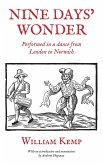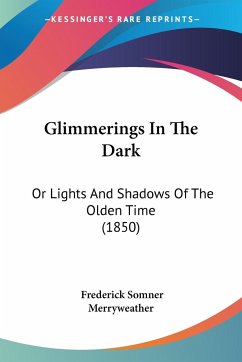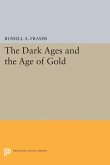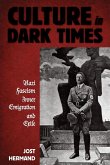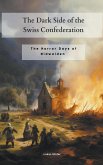At the center of In Dark Again in Wonder are readings of René Char (1907-88) and George Oppen (1908-84). Both of these poets achieved recognition at a young age, Char among the French surrealists in the 1930s, Oppen among the American objectivists in the same decade. Both were independent individuals who, having found their way to communities of inventive writers, stepped back and shaped their own idiosyncratic paths. Both responded decisively to the social upheavals of the 1930s and '40s. Oppen committed himself to radical politics in the '30s, a decision that, as it turned out, led to his not writing poetry for nearly twenty-five years. Char fought in the Resistance in the '40s. Both, in their mature work, developed a kind of poetry that is at once a love poetry, a meditative poetry, and a poetry of encounter. The concluding chapter of the book places the questions raised by Char's and Oppen's work in a larger context, tracing the cultural history that shapes our modern experience of inhabiting a tension between an historical and a metaphysical horizon of experience, or, as this appears in a different but related light, a tension between a sociological and an existential understanding of our lives. Char and Oppen are both poets concerned with the old philosophical questions that are still with us-the nature of spiritual freedom, the gathering of the self in relation to death, the meditation on the whole, the turn to Nature as the open space of the whole under the conditions of modernity, the clarification of the ground of vision in eros and love, and the search for the good life-while at the same time they fully engage the social predicaments and promises of their world.
Hinweis: Dieser Artikel kann nur an eine deutsche Lieferadresse ausgeliefert werden.
Hinweis: Dieser Artikel kann nur an eine deutsche Lieferadresse ausgeliefert werden.

